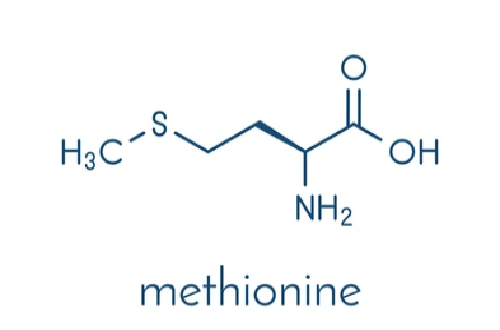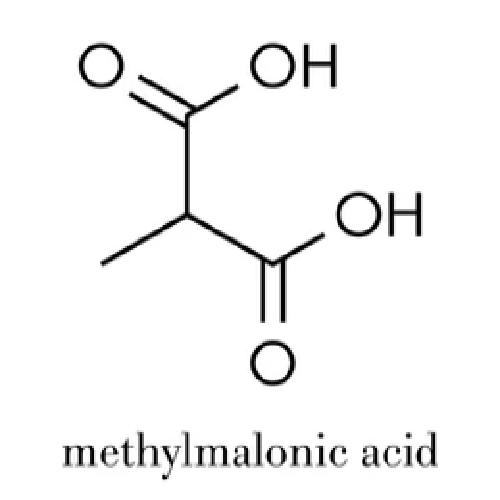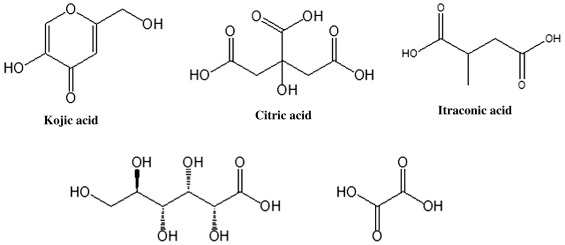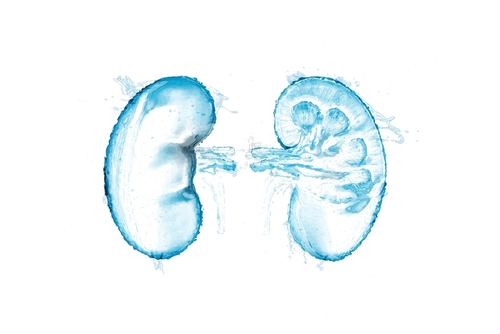At PKU Perspectives, we understand that your unique diet is important to your health and wellbeing. That's why we provide a wide array of food options to cater to your specific dietary needs. Our offerings include low protein foods and meals perfect for those managing a low protein diet with medical conditions like PKU (Phenylketonuria), CKD (Chronic Kidney Disease), MSUD, or Homocystinuria or other metabolic allied disorders. A prescription from a medical doctor is not needed to order from us. And in some cases, health insurance may cover your medical necessity foods.
Today the first line of therapy for Phenylketonuria (PKU) & Metabolic Allied Disorders is often a low protein diet that includes low protein foods. These are really rare genetic metabolic disorders that are detected by newborn screening at birth.
We also cater to people following specific dietary lifestyles or managing other conditions like celiac, with our growing selection of gluten-free, dairy-free, Kosher and vegan foods.
Phenylketonuria
Also known as PKU is an inherited metabolic disease affecting the brain through increased levels of a substance called phenylalanine (Phe) in the blood. Today the first line of therapy for PKU is often low protein foods and a diet low in Phe. An amino acid, Phe is a building block of protein and is found in all proteins, most foods, and in some artificial sweeteners. PKU infants in the United States are diagnosed in the first few days of life through the federally mandated Newborn Screening Program. This is important because the damage caused by toxic levels of Phe in the first few years of life is irreversible. When treatment is begun early and rigorously adhered to, PKU affected children can expect normal development and lifespan.
.jpg)
Maple Syrup Urine Disease
(MSUD), Babies with MSUD are unable to break down amino acids called leucine, isoleucine and valine.
Very high levels of these amino acids are harmful. Dietary management & low protein foods is a treatment option for Maple Syrup Disease. The main goal is to reduce the intake of branched-chain amino acids (BCAAs), namely leucine, isoleucine, and valine. This is achieved through a low-protein diet that avoids or limits foods such as meat, fish, eggs, dairy, and nuts.
.png)
.png)
.png)
Homocystinuria
(HCY) is a rare but potentially serious inherited condition. It means the body can't process the amino acid methionine.
This causes a harmful build-up of substances in the blood and urine. Homocystinuria (HCU) treatment includes a low-protein diet that limits methionine intake. This diet includes low-protein foods, synthetic protein, and protein-free foods.

Methylmalonic Acidemia
(MMA) is a disorder in which the body cannot break down certain proteins and fats.
The result is a buildup of a substance called methylmalonic acid in the blood. This condition is passed down through families. Methylmalonic acidemia (MMA) is treated with a low-protein diet to limit the production of methylmalonic acid. The diet also includes supplements and may also include a special medical food.

Propionic Acidemia
An inherited disorder in which the body is unable to process certain parts of proteins and lipids (fats) properly. It is classified as an organic acid disorder, which is a condition that leads to an abnormal buildup of particular acids known as organic acids. The primary treatment for Propionic Acidemia is a low protein diet, which restricts the intake of certain amino acids like leucine, valine, threonine, and methionine, as these contribute to the buildup of propionic acid in the body; this dietary management is crucial for managing the condition and preventing complications.

Lysinuric Protein Intolerance (LPI)
A rare inherited metabolic disorder that affects the body's ability to transport and utilize certain amino acids, including lysine, arginine, and ornithine. LPI is caused by mutations in the SLC7A7 gene, which encodes a protein called y+LAT1. This protein is responsible for transporting amino acids across the membranes of cells in the intestines and kidneys. Treatment for LPI involves a low-protein diet supplemented with citrulline, an amino acid that can be converted into lysine, arginine, and ornithine. There are other treatments as well. LPI is an autosomal recessive disorder, meaning that a person must inherit a mutated gene from both parents to develop the condition. There is currently no cure for LPI, but research is ongoing to develop new and more effective treatments. The prevalence of LPI is estimated to be about 1 in 100,000 people worldwide.

Pyridoxine-Dependent Epilepsy (PDE)
PDE is a metabolic disorder: is a rare, genetic condition characterized by seizures that are resistant to conventional antiepileptic medications but are responsive to high doses of pyridoxine (vitamin B6).
It's caused by a deficiency in the enzyme antiquitin, which is involved in lysine metabolism.
Lysine Restriction: A low-lysine (amino acid) low protein diet helps reduce the levels of these toxic metabolites in the body. Starting dietary therapy early in life is crucial for improving long-term outcomes.
What is Renal Disease?
(CKD) Chronic Kidney Disease treatment can inlclude A low protein diet (LPD) of 0.6–0.8 g/kg/day is often recommended for the management of CKD.
CKD is a condition in which the kidneys are damaged and cannot filter blood as well as they should.
Because of this, excess fluid and waste from blood remain in the body and may cause other health problems,
such as heart disease and stroke. CKD has varying levels of seriousness.
It usually gets worse over time though treatment has been shown to slow progression.
If left untreated, CKD can progress to kidney failure and early cardiovascular disease.
When the kidneys stop working, dialysis or kidney transplant is needed for survival.
Kidney failure treated with dialysis or kidney transplant is called end-stage renal disease (ESRD)

Choose to shop with us and find the right products that align with your dietary and nutritional requirements.
We are here to help, your diet matters!
We are here to help, your diet matters!








